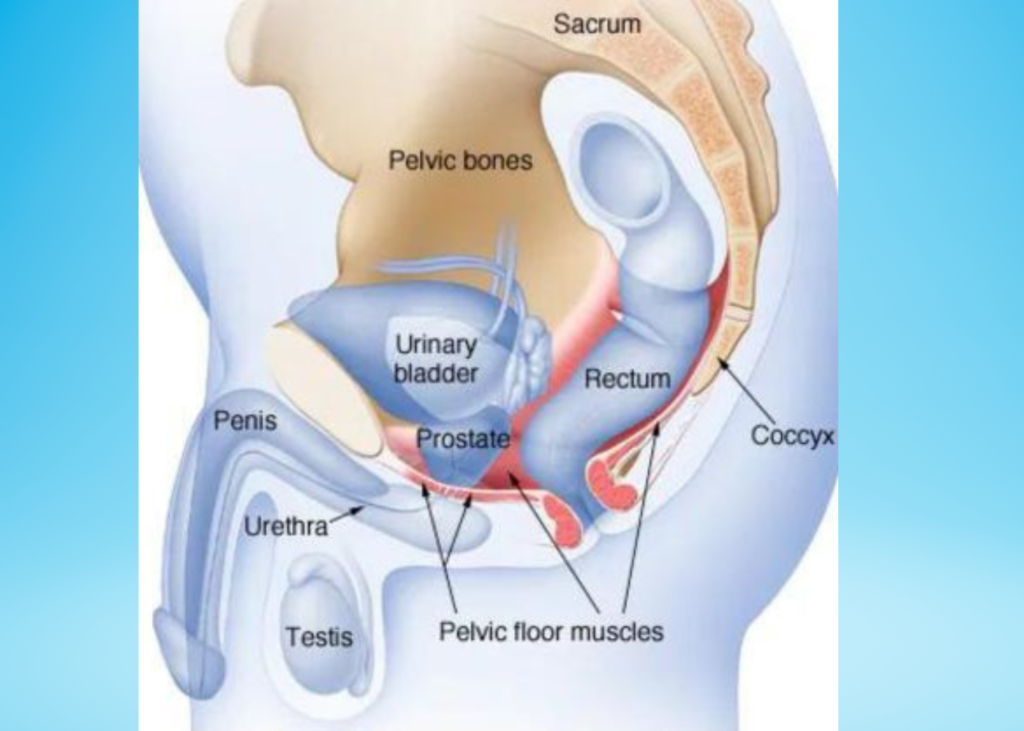PREMATURE EJACULATION
Herbal Clinic sexologist

Premature Ejaculation
Premature ejaculation (PE) means ‘coming too quickly’ is also known as early discharge or quick discharge, early fall, rapid ejaculation, rapid climax, premature climax, or early ejaculation) affects 25%-40% of the men.
Premature ejaculation occurs when a man ejaculates sooner during sexual intercourse than he or his partner would like. Premature ejaculation is a common sexual complaint. Estimates vary, but as many as 1 out of 3 men say they experience this problem at some time.
As long as it happens infrequently, it’s not cause for concern. However, you might be diagnosed with premature ejaculation if you:
- Always or nearly always ejaculate within one minute of penetration
- Are unable to delay ejaculation during intercourse all or nearly all of the time
- Feel distressed and frustrated, and tend to avoid sexual intimacy as a result
Premature ejaculation is of two types:
Primary premature ejaculation:
Primary premature ejaculation applies to individuals who have had the condition since they became capable of functioning sexually.
Secondary premature ejaculation
Means that the condition began in an individual who previously experienced an acceptable level of ejaculatory control and for unknown reasons; he began experiencing premature ejaculation later in life.
If the patient has ED (erectile dysfunction) that began after the premature ejaculation, then treatment of both conditions may be required.
With regard to premature ejaculation, some type of performance anxiety is often a major factor. Performance pressure (ie, fear of failure to satisfy the partner) can arise from various events. ED (erectile dysfunction) is a common precipitating event. If the male is afraid his erection will not last, because of either actual occurrences of previous ED or made-up failure of his erection, this may precipitate premature ejaculation
Science of mechanism of ejaculation:
The physical process of ejaculation requires two sequential actions: emission and expulsion. The emission phase is the first phase. It involves deposition of seminal fluid from the ampullary vas deferens, seminal vesicles, and prostate gland into the posterior urethra. The second phase is the expulsion phase. It involves closure of bladder neck, followed by the rhythmic contractions of theurethra by pelvic-perineal and bulbospongiosus muscle, and intermittent relaxation of external urethral sphincters. Sympathetic motor neurons control the emission phase of ejaculation reflex, and expulsion phase is executed by somatic and autonomic motor neurons. These motor neurons are located in the thoracolumbar and lumbosacral spinal cord.
Causes of Premature Ejaculation:
The exact cause of premature ejaculation isn’t known. While it was once thought to be only psychological, doctors now know premature ejaculation involves a complex interaction of psychological and biological factors.
Psychological causes
Psychological factors that might play a role include:
- Early sexual experiences
- Sexual abuse
- Poor body image
- Depression
- Worrying about premature ejaculation
vGuilty feelings that increase your tendency to rush through sexual encounters
Other factors that can play a role include:
- Erectile dysfunction. Men who are anxious about obtaining or maintaining an erection during sexual intercourse might form a pattern of rushing to ejaculate, which can be difficult to change.
- Anxiety. Many men with premature ejaculation also have problems with anxiety — either specifically about sexual performance or related to other issues.
- Relationship problems. If you have had satisfying sexual relationships with other partners in which premature ejaculation happened infrequently or not at all, it’s possible that interpersonal issues between you and your current partner are contributing to the problem.
Biological Causes
A number of biological factors might contribute to premature ejaculation, including:
- Abnormal hormone levels
- Abnormal levels of brain chemicals called neurotransmitters
- Inflammation and infection of the prostate or urethra
- Inherited traits
- Hormone disorder.
- Urogenital Infections.
- Neurogenic causes.
- Increased penile sensitivity to touch.
- Sex Centre disorder i.e. hyper excitability of sex centre.
- Psychogenic i.e. psychiatric illness

Risk factors
Various factors can increase your risk of premature ejaculation, including:
Erectile dysfunction. You might be at increased risk of premature ejaculation if you occasionally or consistently have trouble getting or maintaining an erection. Fear of losing your erection might cause you to consciously or unconsciously hurry through sexual encounters.
Stress. Emotional or mental strain in any area of your life can play a role in premature ejaculation, limiting your ability to relax and focus during sexual encounters.
We take detail history:
- Detailed general & systemic examination. Investigation & Diagnostic tests. Complete Male Hormone Profile tests. Biochemistry tests. Urine is tested for pus cells. Scrotum, epididydmus, prostate is examined for infection. Semen is examined for pus & semen culture sensitivity. Ultrasonography of scrotum & prostate may be required.
Treatment
Common treatment options for premature ejaculation include behavioural techniques, topical anaesthetics, medications and counselling. Keep in mind that it might take time to find the treatment or combination of treatments that will work for you. Behavioural treatment plus drug therapy might be the most effective course.
F.A.Q
Doctors specialized in Urologist or sexologist both can treat Erectile dysfunction. You can ask your healthcare provider, family or friends for recommendations for the best doctor for ED in your local area.
Erectile dysfunction has a lot of latest treatment options like Penile pumps, Testosterone replacement therapy, etc….. These treatments are treated based on the root cause of it.
There is no specific treatment for erectile dysfunction that is best. Specialized sexologist or urologist will identify the root cause of erectile dysfunction and provide the best treatment that suits you.
You need to identify the Specialization of a doctor. If they are specialized like urologist, sexologist or endocrinologist you can consult with them for Erectile dysfunction treatment in Bangalore.
